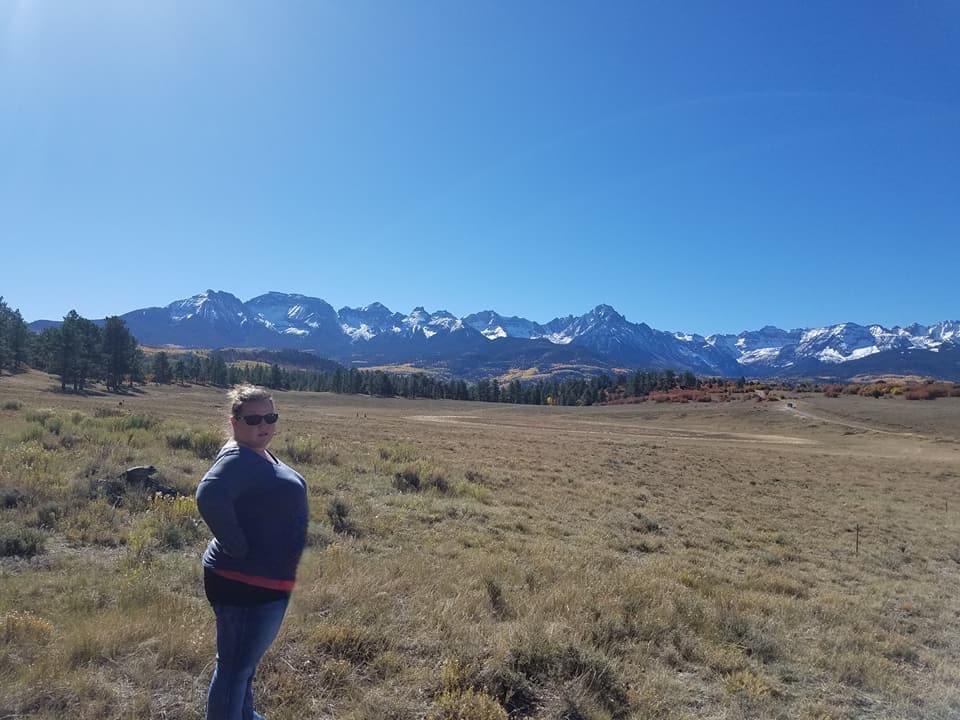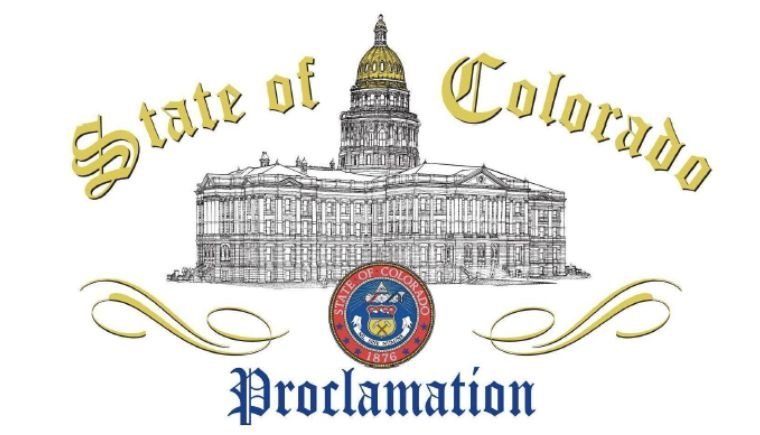On the Case: Utilizing Education to Pursue a Career in Child Welfare

Almost 18 years ago, Brenda Jarmon applied for a job opening with Montezuma
County’s Child Welfare Department as a case aid simply because she needed a job at a
time when there were limited options in her small community. “I had no clue what a
caseworker did at first,” said Brenda. “After a few months, the families started touching
my heart. I quickly realized that if I was going to take on more responsibility to help
them, I had to get a bachelor’s degree.”
A few years later, after Brenda had started her family, she began pursuing her
bachelor’s degree in social work at a few colleges with many starts and stops before
enrolling in Metro State University (MSU) in Denver. “I knew at that point that I wanted
to be a caseworker, and I wanted to help families,” said Brenda. “I wanted to do more to
ensure kids could get back to their families safely and that families were being treated
fairly.”
Luckily, there were a number of financial and career assistance programs available to
help Brenda through her education journey from the Colorado Department of Human
Services:
Tuition Support Through the Colorado Child Welfare Scholars Consortium:
In the last year of her degree, Brenda received financial support for her schooling
through the Colorado Child Welfare Scholars Consortium (CCWSC), which aims
to grow and support a well-educated and prepared child welfare workforce
through social work education. This program offers a specific amount for BSSW
and a larger amount for MSW. Once a person receives that scholarship they
must work in a County Child Welfare Agency one year for every year of stipend
monies received.
Hands-on Experience with the Education Waiver: Brenda also received an
education waiver so she could work voluntary cases before her graduation,
giving her firsthand experience in understanding what is involved with casework
while still in school. This included learning about documentation, visitation,
implementing services, the creation of treatment plans and family education.
In May 2018, Brenda graduated from MSU with her degree and was promoted to
Caseworker I, where she was fully certified as a caseworker and able to take court-
involved cases. Her plan was always to get her master’s degree next, but in 2019,
Brenda’s father was diagnosed with cancer and sadly passed away in June 2020.
Brenda had promised her dad that she would pursue her bachelor’s AND her master’s
degree. At the time of his passing, Brenda said her dad was worried she wouldn’t finish
her master’s. Although it took her a few years to feel personally and professionally
ready, Brenda utilized the education waiver again to pursue a master’s degree and will
proudly graduate from MSU this May.
“I’m over the moon to graduate and show my dad ‘I did it!’” said Brenda. Her husband
and son, who is now 17 years old, will also be there to cheer her on. “I want my son to
see that when you set out to do something, you keep your word. Your word is golden.”
Today, Brenda is an Ongoing Supervisor at Montezuma County’s Child Welfare
Department, where she manages three caseworkers, a foster care coordinator, a case
aid and a family engagement coordinator. Brenda’s team supports families in many
ways. For example, they ensure their home is safe or help them access the support
they need to take care of their mental health or substance abuse challenges.
Often, Brenda says the work is about breaking generational cycles by equipping
children and families with the support they need to finish school or find well-paying jobs
so they can create better lives for themselves.
Brenda is also passionate about developing more streamlined policies on best practices
for working with families, as well as advocating for more support programs for single
dads in particular, which are often lacking.
She tells her team and any prospective caseworker the importance of understanding
that you’re only seeing one chapter of people’s lives when you’re assigned to a case.
“I tell them – your job is to help get them to the end of this chapter so they can get back
to life being good,” said Brenda. “Everyone can change and make amends—it’s our job
to help people get back on their feet.”
More Posts



